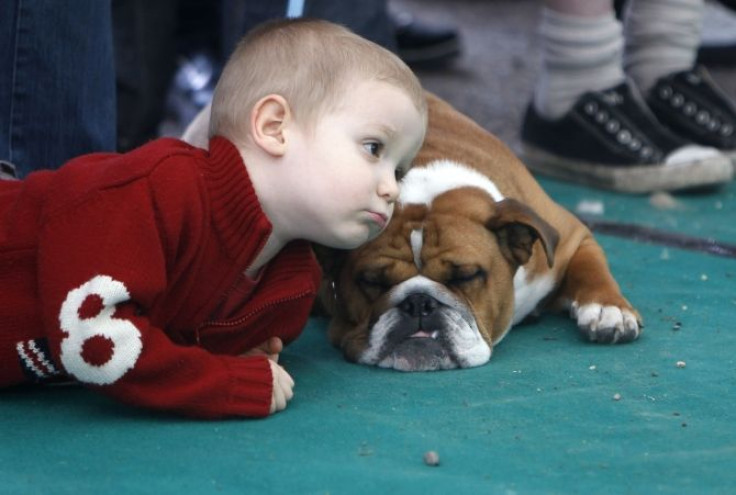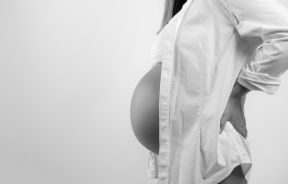Dog in the House Can Prevent Asthma in Kids

Dog owners have another reason to cheer. Their best friend in the house might be the reason that their children have lesser chance of developing asthma.
Respiratory syncytial (RSV) is a common infection in infants. Severe infection at an early age increases chances of childhood asthma.
Researchers said in a statement that information from the new study might help in the development of microbial-based therapies that reduce risk of asthma in children. "These findings are the first step towards creating a therapy to protect infants against RSV and therefore lessening the occurrence of asthma in the long term," said Dr. Kei Fujimura, molecular biologist at the University of California, San Francisco. Dr. Fujimura presented his group's work at the 112th General Meeting of the American Society for Microbiology, according to Discovery News.
For the study, researchers fed mice with dust from houses that had dogs and then infected the mice with RSV a few days later. They found that mice that were exposed to this dust did not show any symptoms associated with the infection whereas mice that weren't exposed to the dust did. Also, mice exposed to house dust had a different set of gut microbes than the other set of mice.
"In this experiment we were able to manipulate the gut micro biota and this influenced the immune response in the lungs," said Fujimura, reports Discovery News.
Previous research has shown that exposure to pets during childhood makes people less sensitive to allergy-causing agents. This is beneficial to people who are genetically pre-disposed to be more sensitive than others. Growing up in an environment that has these allergens reduces the extent of reaction by the body.
"Whether this experiment has relevance to humans, no one has yet shown. The way forward now is to carry out some population-based studies to see if there's a correlation between reduced RSV infection among children living in the presence of dogs," said Suresh Mahalingam, a virologist at Griffith University in Brisbane, to Discovery News.



























